(QBĐT) - In 2020, poet Ngoc Khuong returned to organize the launch of "Ngoc Khuong Anthology" at the Quang Binh Literature and Arts Association. This is a very rare cultural event, coming from a poet far from home...
Usually, many people do anthologies when their writing ability is limited. But Ngoc Khuong is not like that, he continues to publish new poems. In 2025, he decided to organize the launch of the poetry collection "Bong Que" published by the Writers Association Publishing House, in his hometown - Vinh Phuoc village.
Reading “Country Shadow”, I was startled by his idea and anxiety: “I want to carry my hometown to Saigon/but how can I carry the Gianh River?...”. Yes, because he could not carry his hometown with him, he did the opposite, “carrying” poetry back to his hometown.
"Carrying" in the poetic soul of history
Ngoc Khuong's birth name is Nguyen Ngoc Khuong. He was born in 1948 in Vinh Phuoc village, Quang Loc commune, Ba Don town. He currently lives in Ho Chi Minh City and is a member of the Vietnam Writers Association. Poet Mai Van Hoan wrote about Ngoc Khuong and "Bong Que": "Following Ngoc Khuong's poetry, I realize that besides the poems about children, he also devotes much of his heart to the topic of origin and homeland. The work "Bong Que" proves that. Origin and homeland are always in his mind...".
The poetry collection “Country Shadow” has two parts: The epic poem “My Hometown Vinh Phuoc” and “Other Poems”. Although separate, throughout are poems written about Quang Binh in general and Ba Don, Quang Loc in particular. In this article, I would like to pay more attention to the epic poem “My Hometown Vinh Phuoc”.
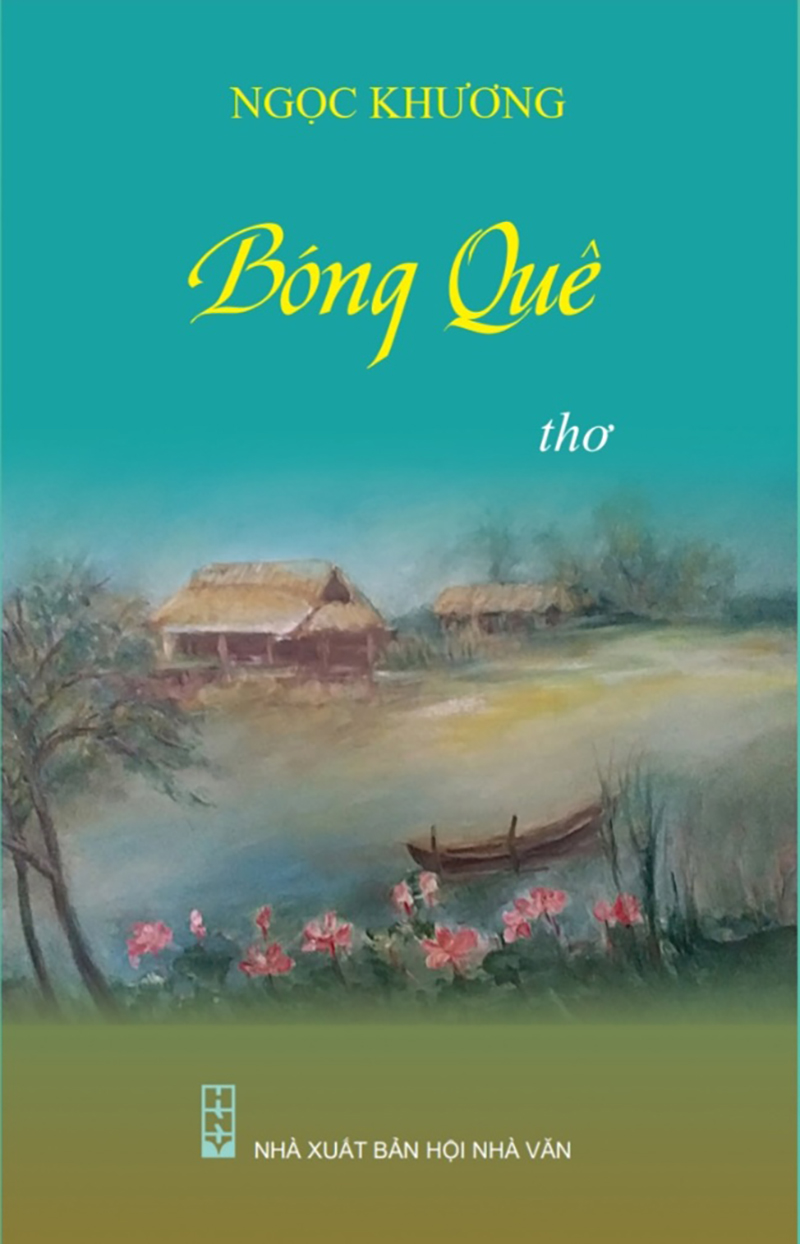 |
A work of poetry that focuses on historical and historical allusions, if written by an inexperienced writer, will only be a series of time markers and dry stories. The long poem “Vinh Phuoc, my hometown” has overcome that to bring readers a tragic epic quality. That is thanks to Ngoc Khuong’s highly expressive language and poetic imagery: “Five hundred years/Wave your hammock/The sound of the fishing net awakens the moon…” (Chapter I).
I was also born by the Gianh River, also wrote poetry, also listened to the “sound of the fishing net” like him, but realized that the sound of the fishing net “awakening the moon” could only be Ngoc Khuong. In addition, the moon is “involved” with sound, if the moon up there is awakened by the sound of the fishing net, then the moon here is “sweet” with the sound of the resistance gong: “On the resistance day, the communal house gong urges/The rendezvous at night at the New Well is sweet on the moon’s lips…” (Chapter I). The moon and stars and the haunting sounds of the old village are the ones that awaken Ngoc Khuong’s soul: “Late in the month and year, the village fields are bustling/The sound of the earth is pounding, waking up the sleep/The cows and the hard-working people/Sweep the plowed path, hoping for a falling star…” (Chapter I). Just that much, the reader has understood how Vinh Phuoc village with its fields, rivers, occupations, and struggles for survival were.
Returning to “My hometown Vinh Phuoc”, it must be affirmed that, if one were not a person with extensive knowledge and full of enthusiasm, one would not have been able to write such an epic poem. The epic poem with 9 chapters, spanning the history of more than five hundred years of establishing Vinh Phuoc village, is closely linked to many changes in the nation’s construction and defense. From the history of establishing the village in the fertile Nam Gianh region: “Every day, one expansion/From the river to the mountains/Building dikes, preventing floods/Draining water, building banks/They fulfilled their dream/Founding Ngang village-Vinh Phuoc” to: “Now the sky is blue, birds sing/The village becomes a city every day/The roads are shiny with flying cars…” (Chapter II).
From the historical figure - General Nguyen Khac Minh, with his glorious and legendary achievements: "Respected by the people as a hero/Worthy of a noble and powerful lineage!...For a great cause, he spared no blood and bones/Determined to sacrifice himself for the survival of Dai Viet/King Duy Tan and Khai Dinh posthumously conferred/"Doan Tuc Ton Than", "Thanh Hoang Bon Tho"/His temple was built to worship him throughout Thi Le/His achievements were recorded in the royal court's jade book" (Chapter III). Until a "Truy Vien Duong", the burial place and also the place to worship Nguyen Khac Minh, became: "A place where gods protect bullets and bombs/Where warriors discuss and fight the enemy/The temple becomes a solid fortress/Descendants become loyal warriors/Four hundred years of burning sun, pouring rain/Green bamboo fences cover the ancient temple/Small river lulls people in the grave..." (Chapter III). The temple has been recognized by Quang Binh province as a Historical and Cultural Relic, a common pride of every citizen.
In the epic poem “My hometown Vinh Phuoc” is also the heroic story of Captain Le Nho Can: “ Once followed King Quang Trung to fight the enemy/The pioneer in the Northern Expedition/Speedily, tearing through the waves, crossing Linh Giang” (Chapter IV). It is also the historical story of the formation of the Catholic (Catholic) village in 1629 with: “Several hundred years of joy and sorrow in the Vietnamese land/My hometown people still love God, love their people/Firmly believing that God is in heaven/Some plow the fields, some join the army to save the country” (Chapter V). It is also the story of a steadfast village in the resistance war against the French: “Together, they marched into battle, charging/The waves rolled up the Gianh River/The French army of Phu Trich was covered in blood”. It is the pain of American bombs and bullets: “In Con Hau, bodies were scattered/Many times, in the Mieu hamlet, bones were broken, flesh was bruised…” . But the village's will is always as resilient and indomitable as any other countryside in the S-shaped strip of land: "Still plowing, potatoes and rice growing well/Still going to school despite falling bombs/Raising guns high to shoot down American planes..." (Chapter VI).
"Carrying" in the heart the worries about change
When people living far away from home think about their homeland, they all feel nostalgic. Those are the rustic village scenes that condense human feelings. Those are the cultural identities that are deeply in their hearts. Poet Ngoc Khuong is no exception: “I grew up in the countryside with the wind blowing/Hearing the calves calling in the afternoon/The sound of plowing and plowing wet with the late night dew/The sound of October water splashing shrimp and fish…/Straw drying in the sun, ladders built to build floating towers/Winter nights warm and sweeten dreams…” (Part VII). However, on the day of returning, besides the joy of urbanization that brings many positive changes in the economy and cultural life: “The old wharf is now different from before/The bridge over Con Se, the afternoon sun is dreamy/The blonde-haired girl, full breasts/Blue eyes flirting… see, is it funny?”, the poet’s concern about the negative impacts on the traditional culture and ecological environment of his homeland is no less:
“Boats crowded together, houses crowded together, blocking both banks.
The sea is writhing in death, the river is dying.
The ship is lost, the dream is broken!...
…Where is the clear water mirror like jade?
The moon has set, the poem is cold!
Vinh Phuoc and Quang Loc are not only surrounded by Gianh River, but also by the Hoa Giang Canal: “The village river/Has turned into a poetic river/Immediately/Flowing/Amidst the dreams of many people” Yet: “Now/The mirror is stained/The hometown river is murky/Water hyacinths float!/The rainbow/Has held Loc-Ninh/But where is the scent of areca/And where is your figure?” The rhythmic pauses of the six-eight verses are heavy enough to reflect the writer’s concerns.
When tiled-roof houses are replaced by high-rise buildings, traditional values gradually fade away. The rural market, which once had a strong cultural character of farmers, is now disappearing as supermarkets and shops spring up: “We return to collect memories, pick up love/Love the dying river/The Truong market is deserted…” . The village well is a witness to love between couples: “My parents met/Exchanging glances at the bottom of the well/Holding the bucket rope together/Holding on to love forever”. But now: “Decades later/Who would have thought!/The clear well becomes cloudy/Who knows who to ask now?/My mother holds back a sigh/By the old well/Sitting forever in the falling dew…” The image of my mother, the sigh, the old well with falling dew is a concern about the fading human relationship…
And the poet's dream: "I wish/The old stream was green/The mirror of the homeland was bright again/The dream was peaceful again!". Throughout chapter VII of the long poem "Vinh Phuoc, my homeland" with its constantly changing poetic form and rhythm, I heard it like Ngoc Khuong's troubled breathing in his heart.
With “Bong Que” in general, Ngoc Khuong’s poems always use simple, easy-to-understand writing style and language, but are full of poetic images and imagery. However, I feel that in the “Other Poems” section, there are still a few easy poems. But to end this article, I would like to cite here the simple, fragrant heart of poet Ngoc Khuong when “carrying” poetry back to his hometown, in the poem “Ngân ngo ta ve”: “Ta ve don’t have any money/Send a thousand pages of books-whispering verses/Ta ve lost in a dream/The school of poets…Ngân ngo ta ve.”
Do Thanh Dong
Source: https://www.baoquangbinh.vn/van-hoa/202503/nha-tho-ngoc-khuong-nguoi-cong-tho-ve-que-2225283/


![[Photo] General Secretary To Lam receives Russian Ambassador to Vietnam](https://vstatic.vietnam.vn/vietnam/resource/IMAGE/2025/4/2/b486192404d54058b15165174ea36c4e)


![[Photo] Third meeting of the Organizing Subcommittee serving the 14th National Party Congress](https://vstatic.vietnam.vn/vietnam/resource/IMAGE/2025/4/2/3f342a185e714df58aad8c0fc08e4af2)



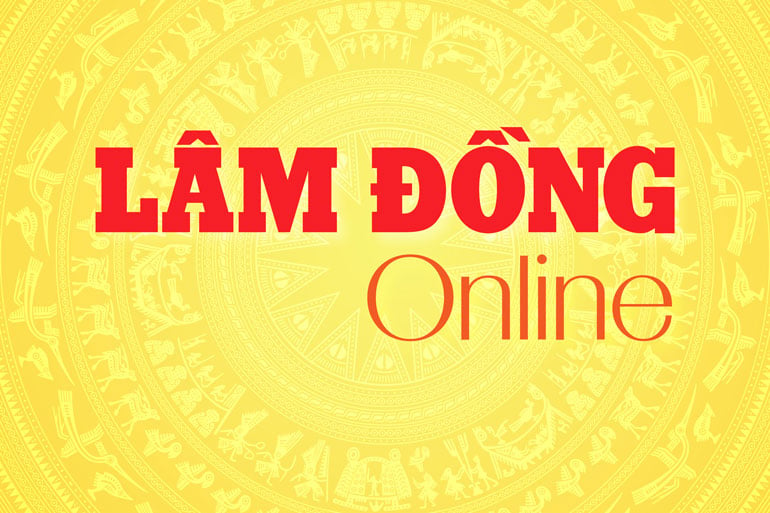
![[Podcast] News April 2, 2025](https://vstatic.vietnam.vn/vietnam/resource/IMAGE/2025/4/2/eaa5bcbdb47a439bb7c43a417033535c)
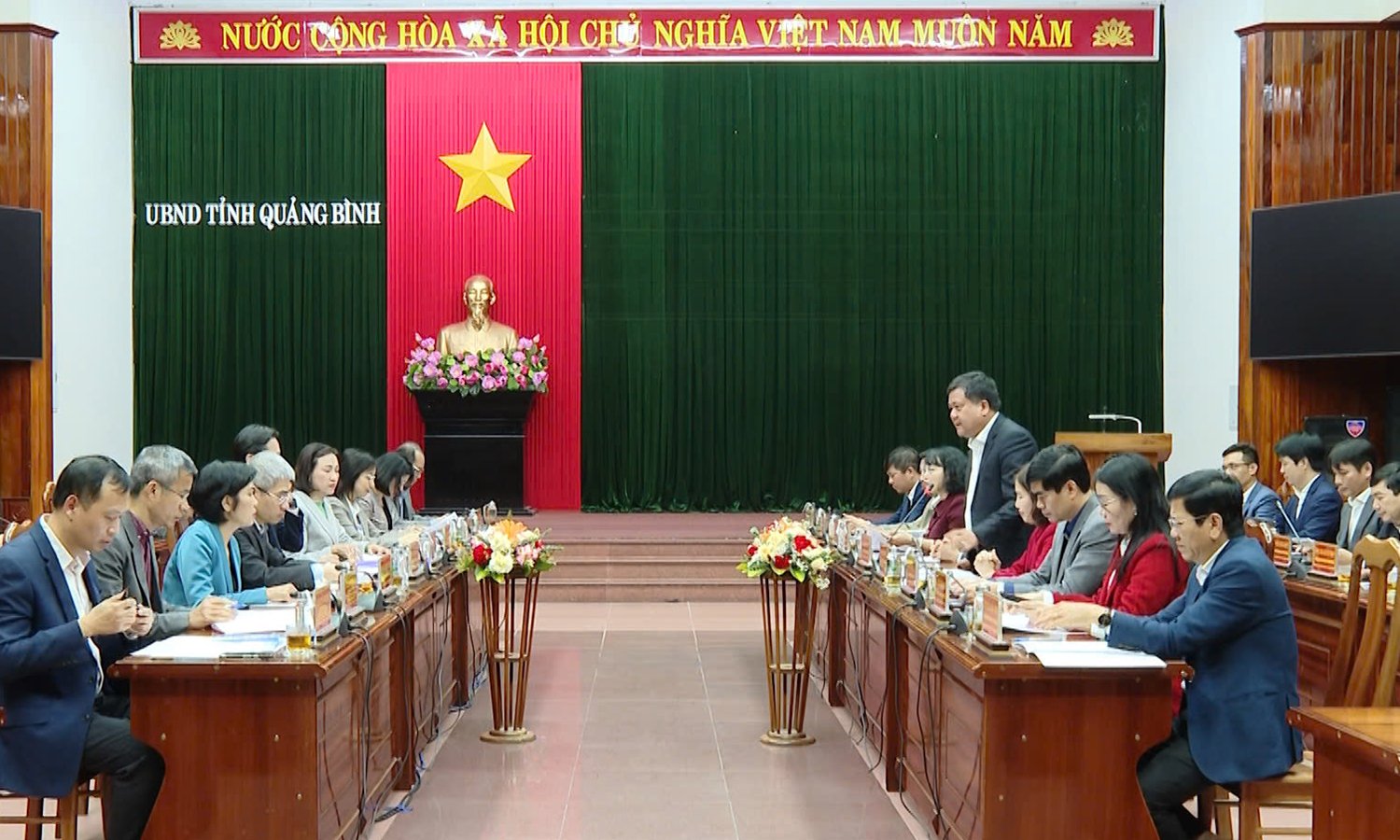
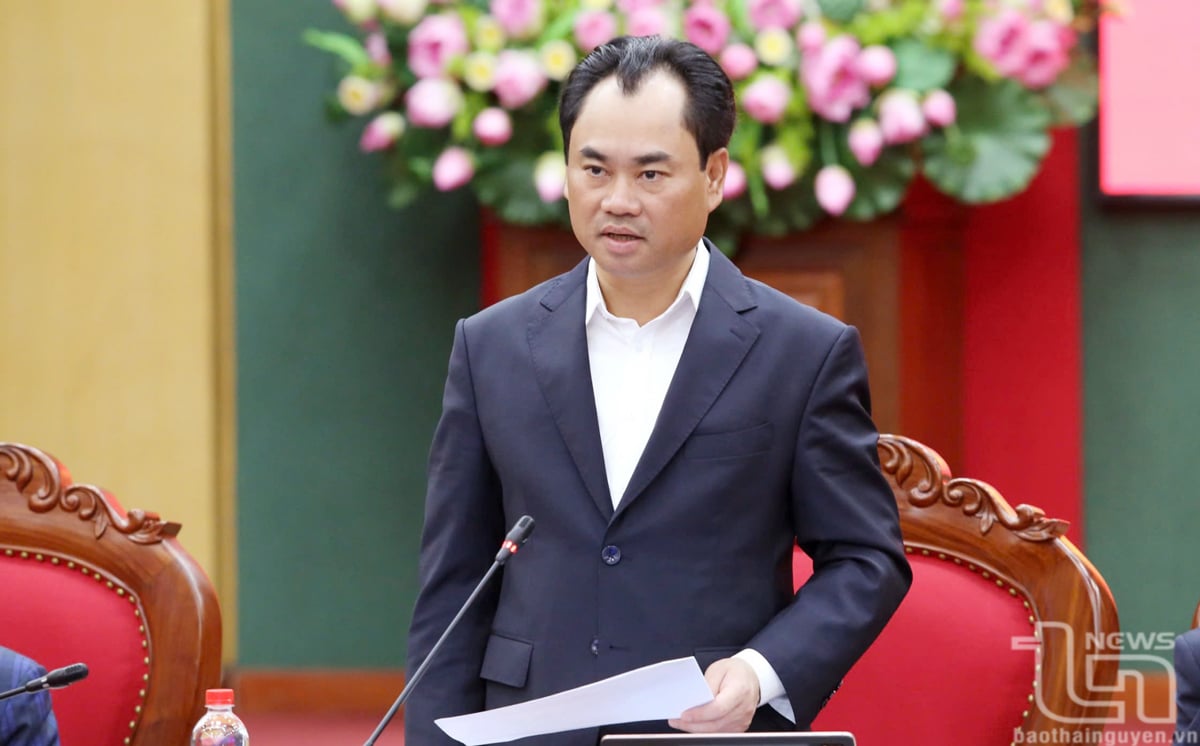

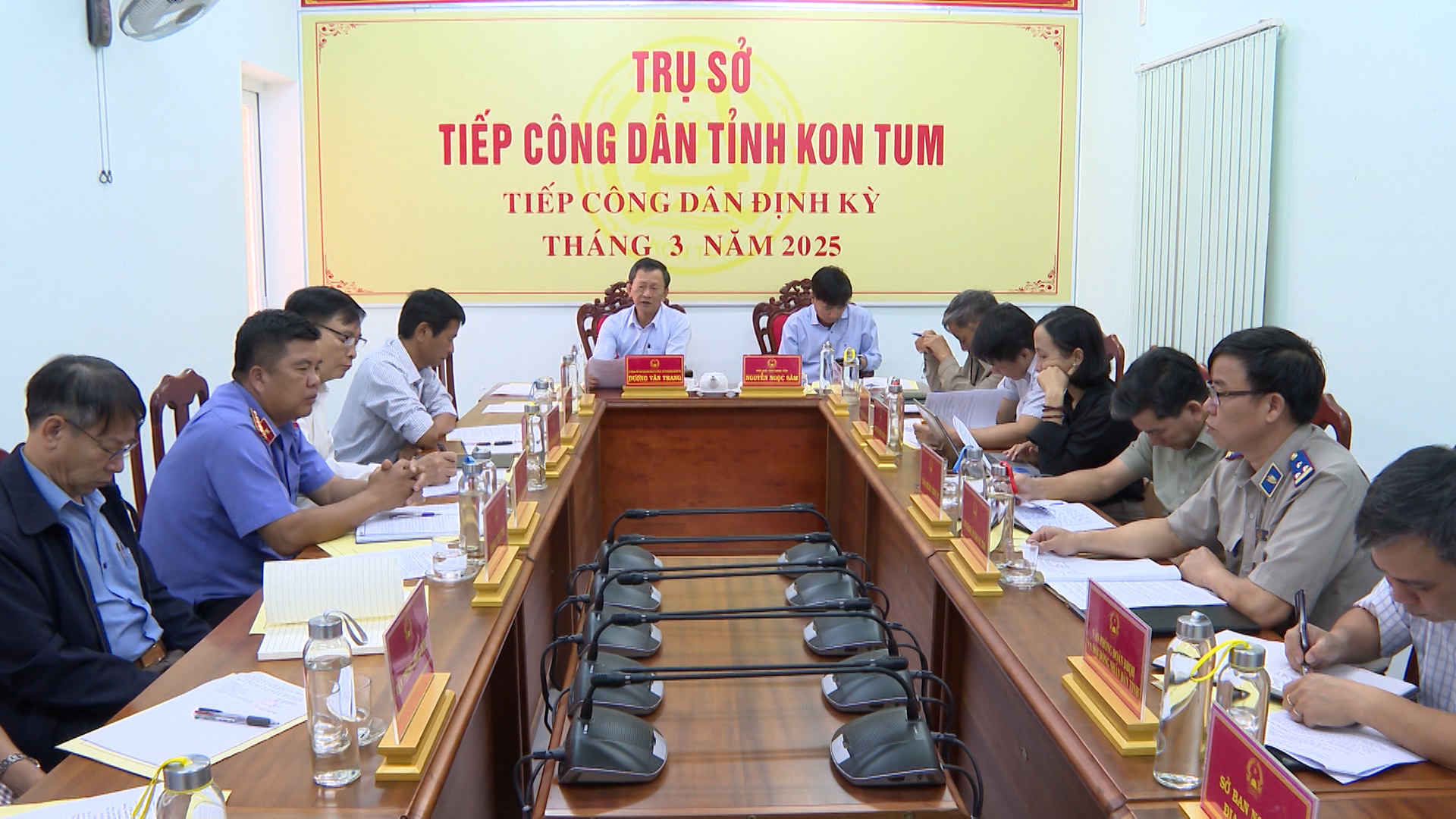

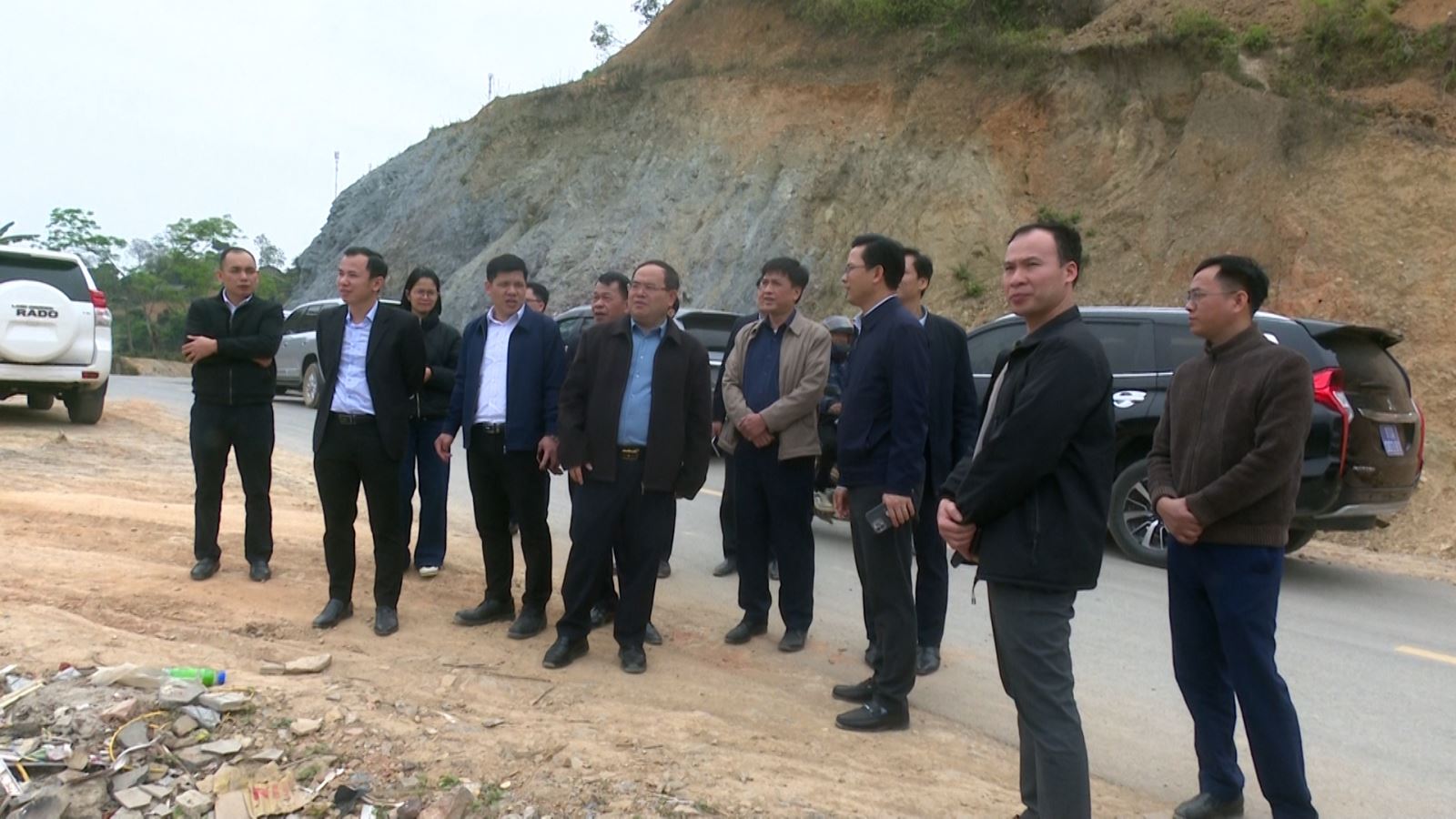
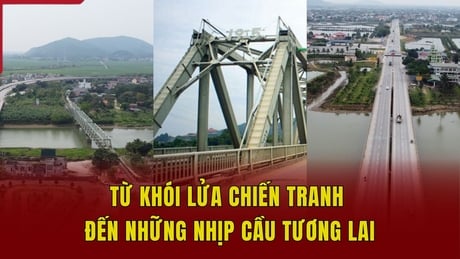
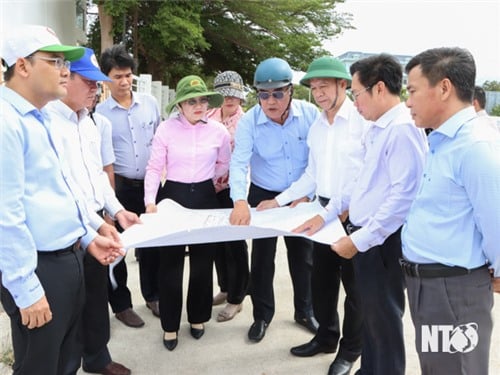
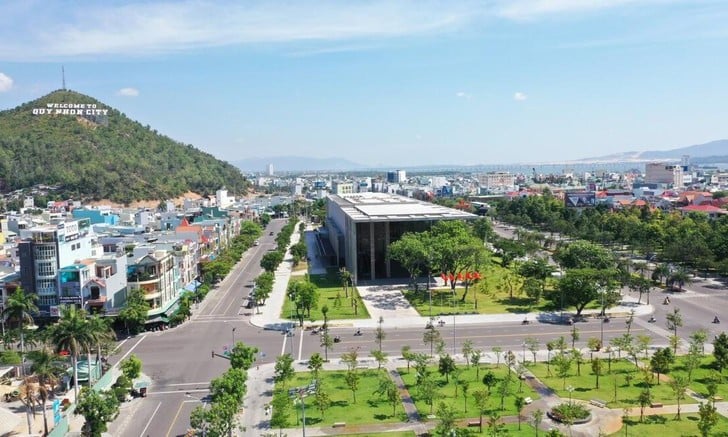



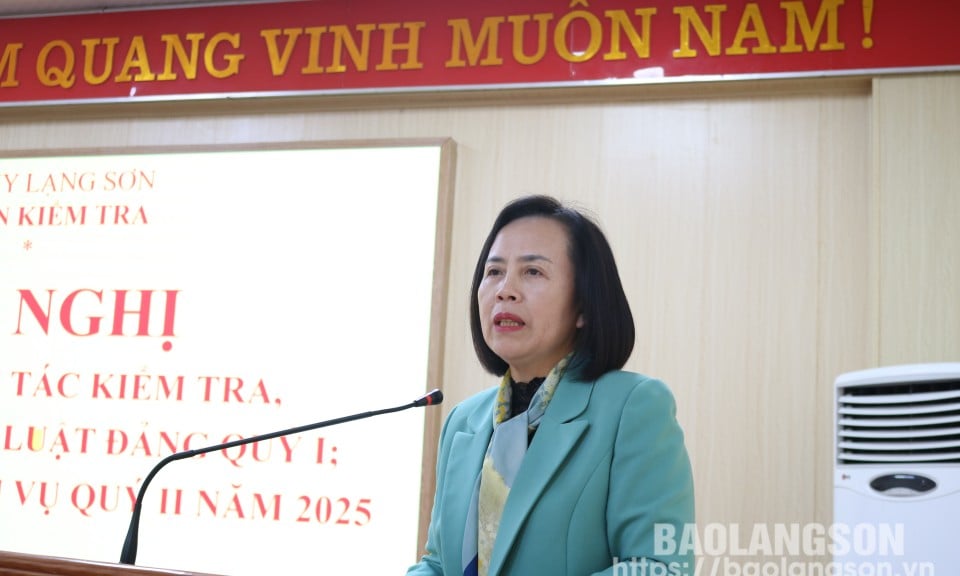
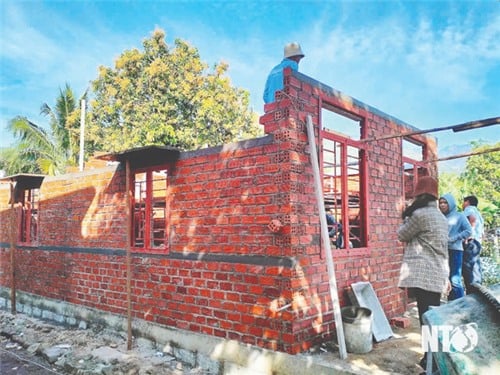
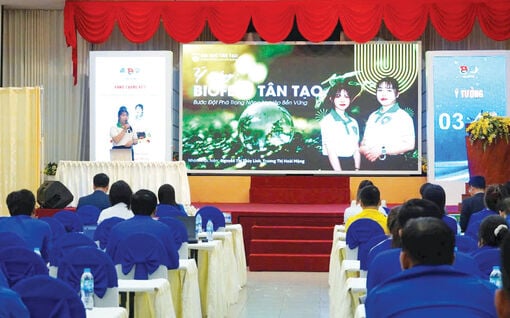
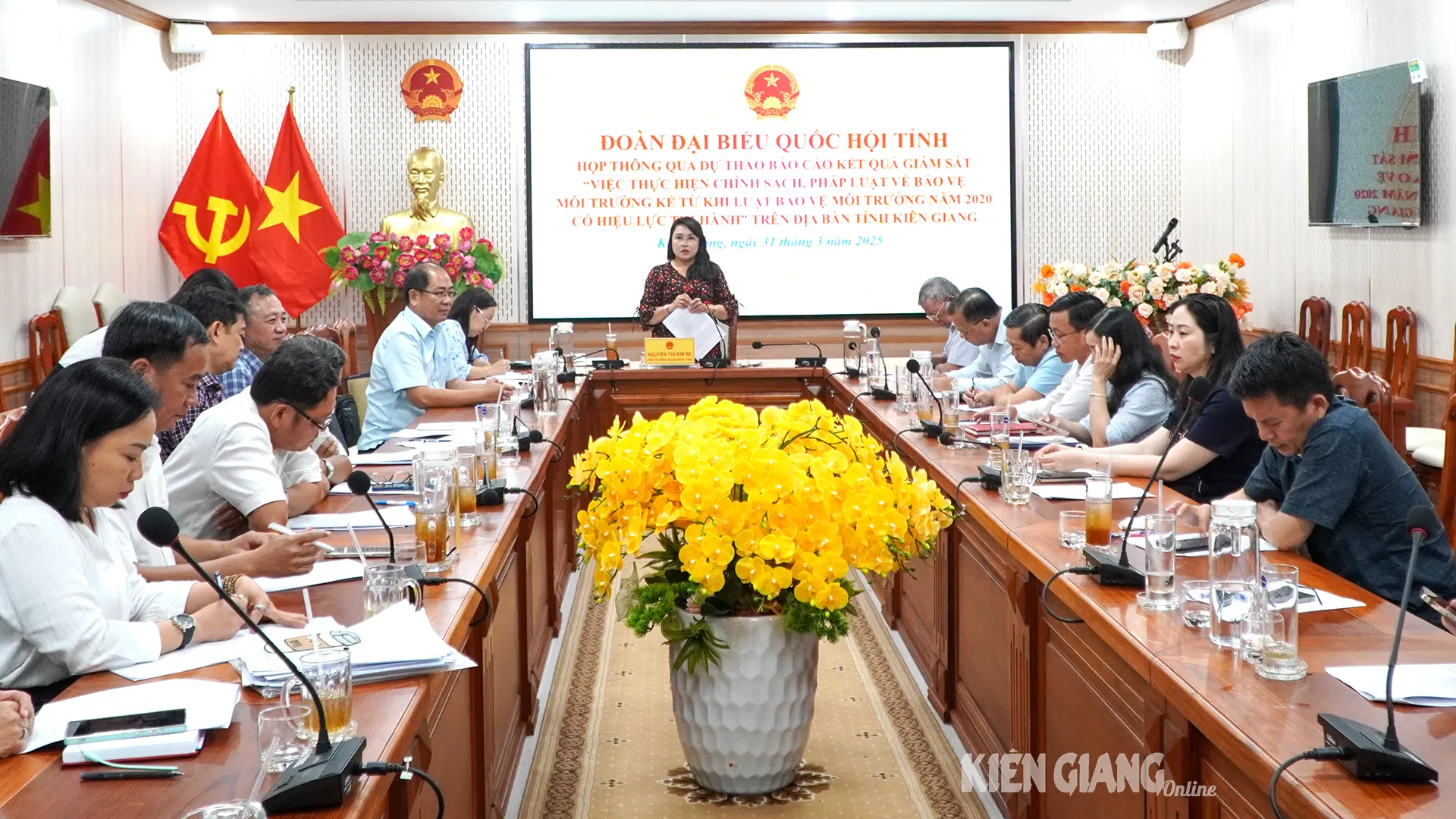
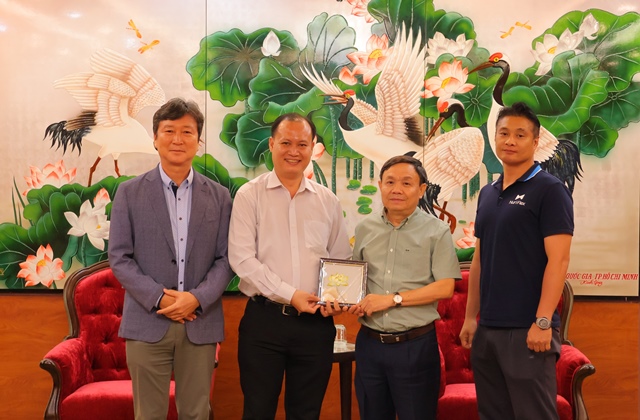
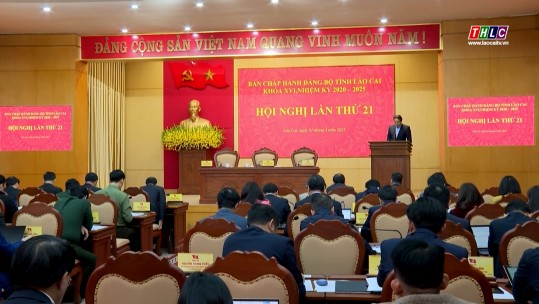
![[Photo] Relatives of victims of the earthquake in Myanmar were moved and grateful to the rescue team of the Vietnamese Ministry of National Defense.](https://vstatic.vietnam.vn/vietnam/resource/IMAGE/2025/4/2/aa6a37e9b59543dfb0ddc7f44162a7a7)
















































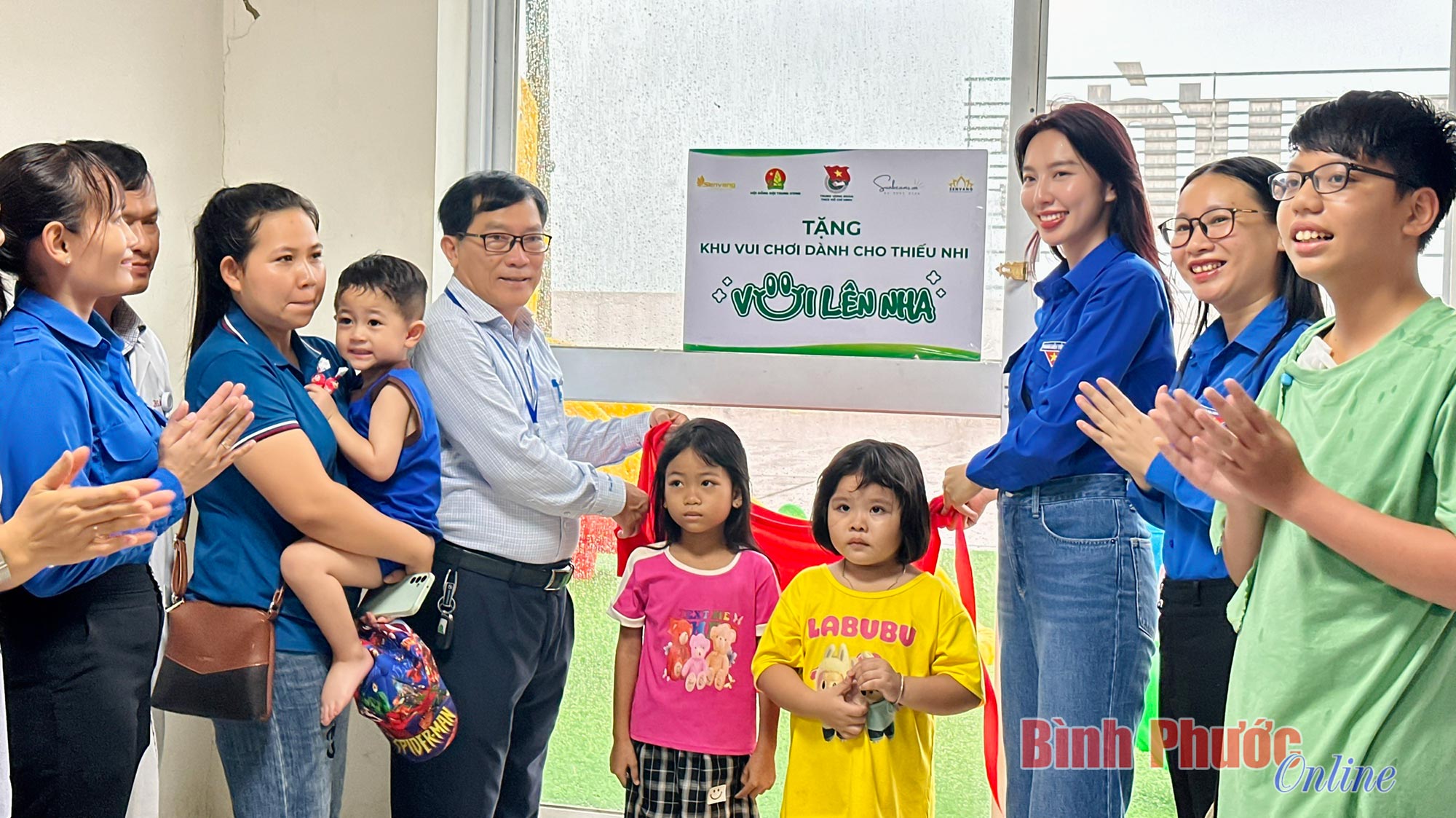

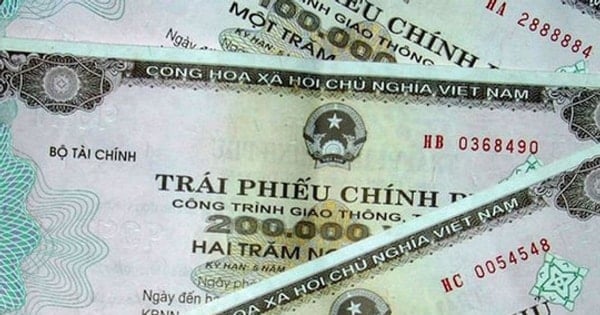













Comment (0)